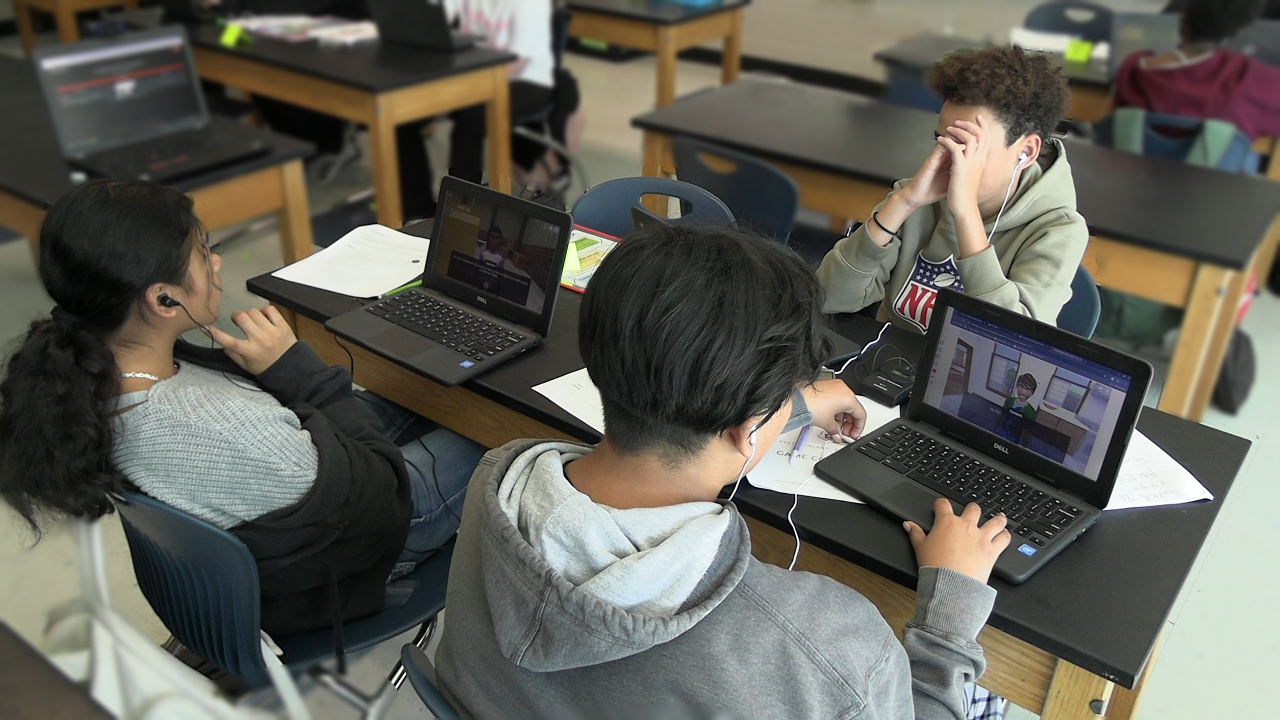The Irony of Teacher Appreciation
Every May, schools and communities across the country celebrate Teacher Appreciation Week by hosting luncheons, buying trinkets and sharing kind words for those who serve our children. To “appreciate” means to be grateful for. We give thanks for the kindergarten teacher who makes the shy youngster learn to love school…for the middle school music teacher who patiently practices a new song with her band class…for the high school debate coach who mentors the winning orator.
According to Dictionary.com, to “appreciate” can also mean “to be fully conscious of.” Are we truly aware of everything that teachers are dealing with in schools? Do we understand their daily struggles? I’m not sure that we are or we do. Here are just a few things I’ve observed in my conversations and interactions over the past couple of months with amazing teachers across this state.
- Andrea, a committed fourth grade teacher, started the year with students who did not know all of their letter sounds. Not only could her students not read, but they also could not decode. She has worked diligently to improve their skills and they’ve made great progress; however, many grow frustrated easily and they give up, lacking coping skills to deal with adversity.
- William works with high school students at an alternative school in the rural part of the state. He entered the classroom with no formal preparation so he must take classes at night. His students frequently experience mental health challenges though they only have a part-time counselor and a social worker who visits the school just once per week. He is doing his best to support them in completing their work so they can graduate on time.
- Mark is in his third year as a social studies teacher at a high-needs middle school. Since August, his team is down three (out of six) staff members, leaving him and his colleagues to regularly cover the planning for those classes being taught by substitutes. He is the most experienced member of his team with just three years under his belt. He works nights and weekends to plan and grade papers.
- Charlotte implemented the Hour of Code with her second graders last year and has been itching to integrate more computational thinking concepts into her elementary classroom. She joined a professional development (PD) program to expand her knowledge and help her students learn new skills. Unfortunately, she was met with resistance from her school administrator who said that she must focus solely on state tested curriculum.
- Maria is a beginning teacher in her first year. She teaches science at a middle school in a suburban community. During a recent PD day organized by her district, she was called back to school because the substitute did not show up to cover her classes. She hated to miss the workshop about differentiating instruction to meet her students’ diverse learning needs but had no other choice.
These examples are merely glimpses into the challenges faced by our state’s teachers. So this week (and any week) when it’s time to appreciate our teachers, let’s remember to not only give them gifts and accolades but also support the people, policies and practices that give teachers the compensation, working conditions, professional development and support they need to be successful in their roles. Our future depends on it.
- Categories:


